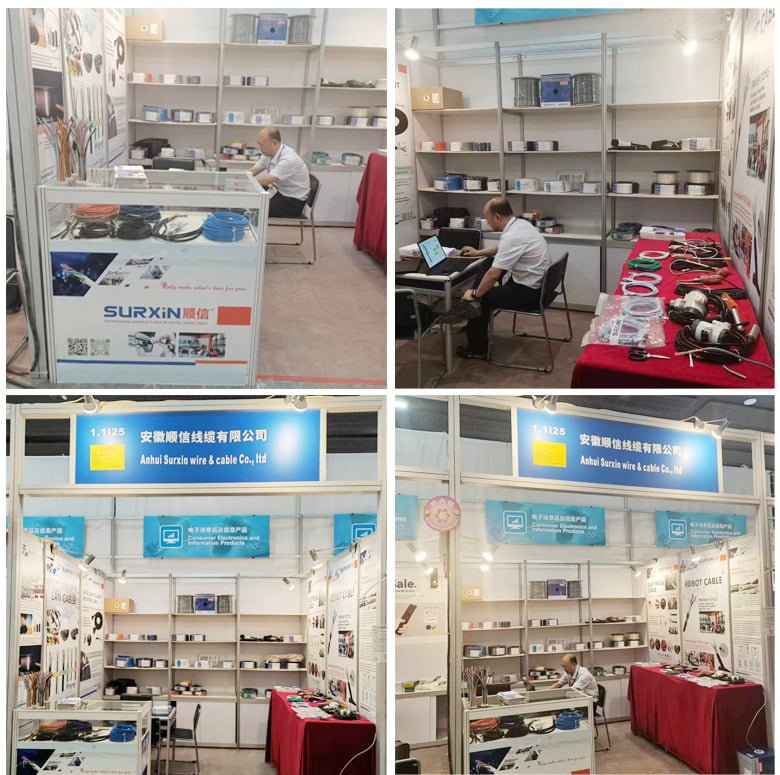디지털 신호 케이블의 장점
When it comes to transmitting digital signals, 사용 된 케이블의 품질은 중요합니다. 디지털 신호 케이블은 손실이나 왜곡없이 고품질 오디오 및 비디오 신호를 전달하도록 설계되었습니다.. 일반적으로 다양한 응용 분야에서 사용됩니다, 홈 시어터 포함, 전문 오디오 시스템, 및 디지털 간판.

One of the most popular types of digital signal cables is the HDMI (High-Definition Multimedia Interface) 케이블. HDMI cables are widely used to connect devices such as TVs, Blu-ray players, gaming consoles, and soundbars. They can carry both audio and video signals in high definition, providing a seamless experience for the users.
Another commonly used digital signal cable is the optical cable, also known as a TOSLINK cable. Optical cables use light to transmit audio signals, making them immune to interference and providing a clean and clear sound. They are often used to connect audio devices such as soundbars, receivers, and gaming consoles.
For professional audio applications, digital signal cables like AES/EBU and S/PDIF are commonly used. These cables are designed to transmit digital audio signals between professional audio equipment, ensuring high fidelity and low latency.

When choosing digital signal cables, it is important to consider factors such as cable length, signal quality, and compatibility with the devices being connected. It is recommended to use high-quality cables from reputable manufacturers to ensure optimal performance.

결론적으로, digital signal cables play a crucial role in transmitting high-quality audio and video signals. Whether it’s for home entertainment or professional audio applications, using the right cables can make a significant difference in the overall experience. So, invest in good quality digital signal cables to enjoy the best audio and video performance.

